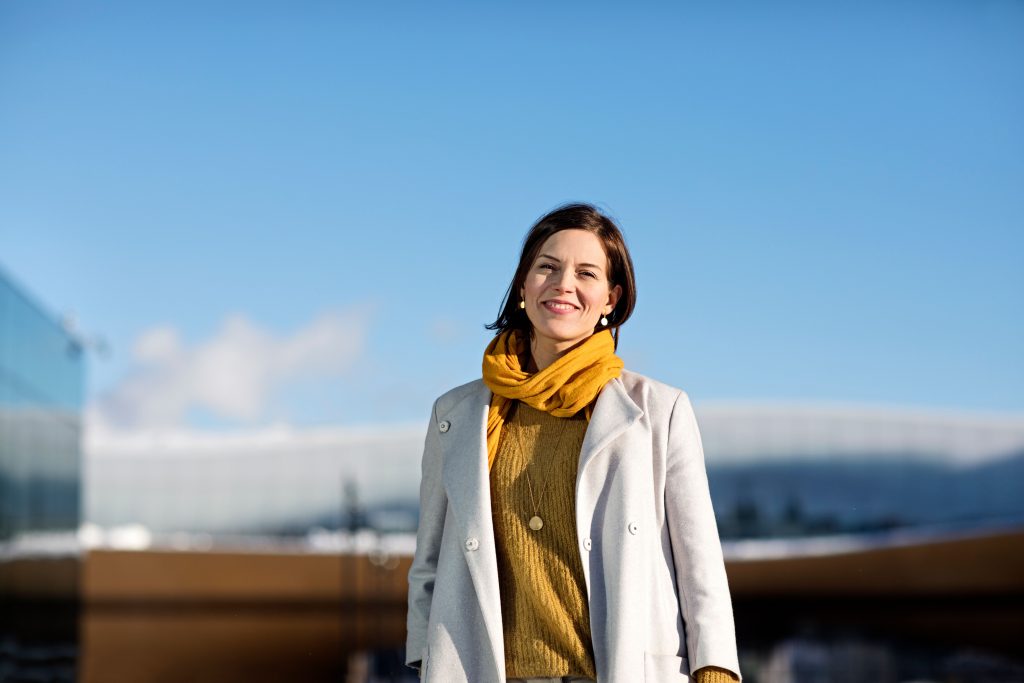This past weekend Green parties from across Europe gathered together in Tampere, Finland for the 30th European Green Party Council. The Green movement is spreading. Within the past year, we have witnessed several green victories across Europe, which demonstrates the urgent call for new policies to fight back some of the greatest challenges of our time.
Ecosystems and life itself are being threatened around the globe. Minister of Economy and Innovation of Lithuania and Commissioner-designate for Environment and Oceans, Virginijus Sinkevičius, took part in the council meeting and underlined the importance of biodiversity at the core of achieving the Sustainable Development Goals (SDGs). We are at the edge of the 6th mass extinction, and sufficient action is not implemented. According to the Circular Gap Report of 2019, the world economy is only 9 percent circular. We must transform the current economic system to protect our nature from the harmful impacts of resource extraction and greenhouse gas emissions.
Environmental challenges, their root causes and consequences, transcend the traditional borders of nation states and require strong international and multilateral cooperation. The Green movement takes into account the need for an inclusive approach that brings together local and global as well as public and private actors from all continents. I was encouraged and inspired to meet colleagues from Kenya and Uganda to discuss the small but growing importance of the green movement in Africa. We need to make sure all continents are fully included in the decision-making processes regarding climate action and biodiversity.
Furthermore, empowerment and participation of women and girls in policy formulation is crucial. Inter-Parliamentary Union has estimated that globally an average of approx. 25 percent of seats in national parliaments and governments are held by women. Perhaps somewhat surprisingly, the figure is not much higher within the EU – only 31.5 in 2019 as estimated by Eurostat. Marginalised groups often have the smallest carbon footprint but suffer the most from the effects of climate change and loss of biodiversity. A strong feminist agenda is absolutely pivotal in finding climate policy solutions that are fair for all regardless of their gender or social, cultural, or financial background.
In recent years, we have witnessed a wave of young people devoting their time and effort to the battle for environmental justice. Greta Turnberg has become somewhat of a global phenomenon and has encouraged countless youth to demand urgent climate action from their governments. It is our duty to hear these voices. It is our duty as decision-makers to ensure that our children and grandchildren are able to pursue their dreams in socially, ecologically, and financially sustainable societies. Maintaining a strong welfare society and stopping the environmental crisis are not exclusive goals. We must achieve both.
The need for a united movement is as timely as ever as we celebrate the 30th anniversary of the fall of the Berlin wall. A global Green New Deal is inevitable to ensure that no one will be left behind. The Global Greens is a worldwide partnership of Green parties, movements, environmental actors, organisations, and individuals committed to achieving fairer and more sustainable societies for all. I wholeheartedly wish all of us will join in this common endeavour.
Mari Holopainen
Member of parliament, Greens in Finland
Blogi julkaistu alunperin Vihreiden naisten verkkosivuilla.


Vastaa